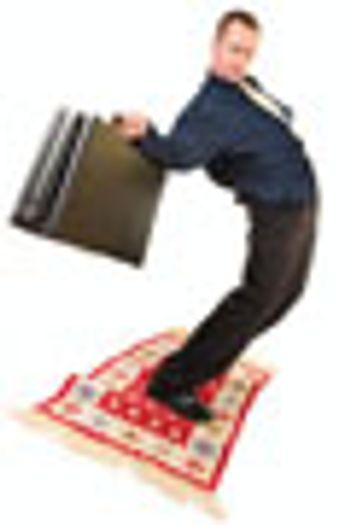
One fortunate consequence of a slower job market is that tenure levels are increasing: 80 percent of sales managers now have at least two years experience under their belt.

One fortunate consequence of a slower job market is that tenure levels are increasing: 80 percent of sales managers now have at least two years experience under their belt.
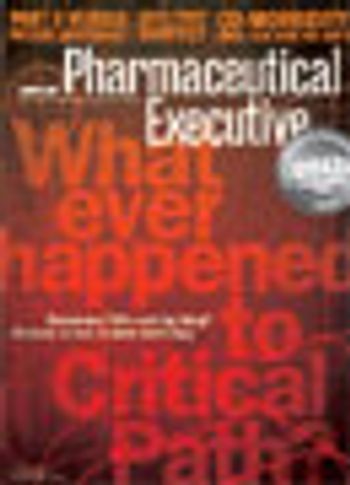
Big Pharma's hiring slowdown is not translating into a growing demand for contract sales organizations.
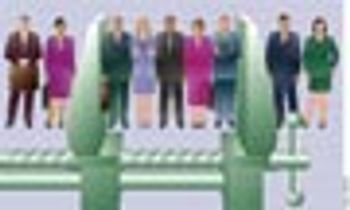
In spite of pharmaceutical employers' best intentions to the contrary, sales rep compensation is being squeezed in a vise that is gradually narrowing the gaps between what top, average, and bottom performers are earning. According to the Hay Group's Pharmaceutical Sales Force Effectiveness Study, co-sponsored by Pharmaceutical Executive, reps in the 90th percentile are earning just 40 percent more than the average performer. This is not to suggest that reps aren't being paid handsomely (they are), but that the pay-for-performance model is showing signs of weakness.

Years ago, a cereal maker ran a commercial in which children who'd eaten oatmeal for breakfast floated to school, snug in a protective bubble of warmth. Today, the same imagery comes to mind with respect to the country's 85,000 pharmaceutical salespeople.

Last year's average turnover among general physician sales reps was 19 percent-up 2 percent from 2000-making retention the number one human resource issue for pharmaceutical companies today. Industry employers are discovering that despite all the resources

Published: March 1st 2002 | Updated: November 15th 2020
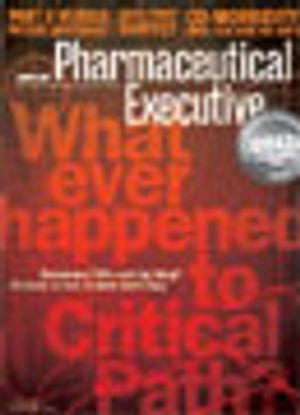
Published: January 1st 2006 | Updated: November 15th 2020
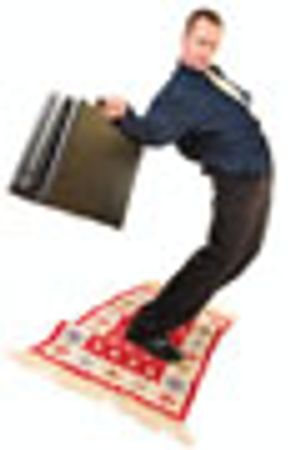
Published: January 1st 2007 | Updated: November 15th 2020
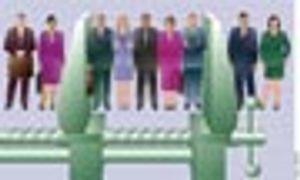
Published: January 1st 2004 | Updated: November 15th 2020

Published: January 1st 2003 | Updated: November 15th 2020